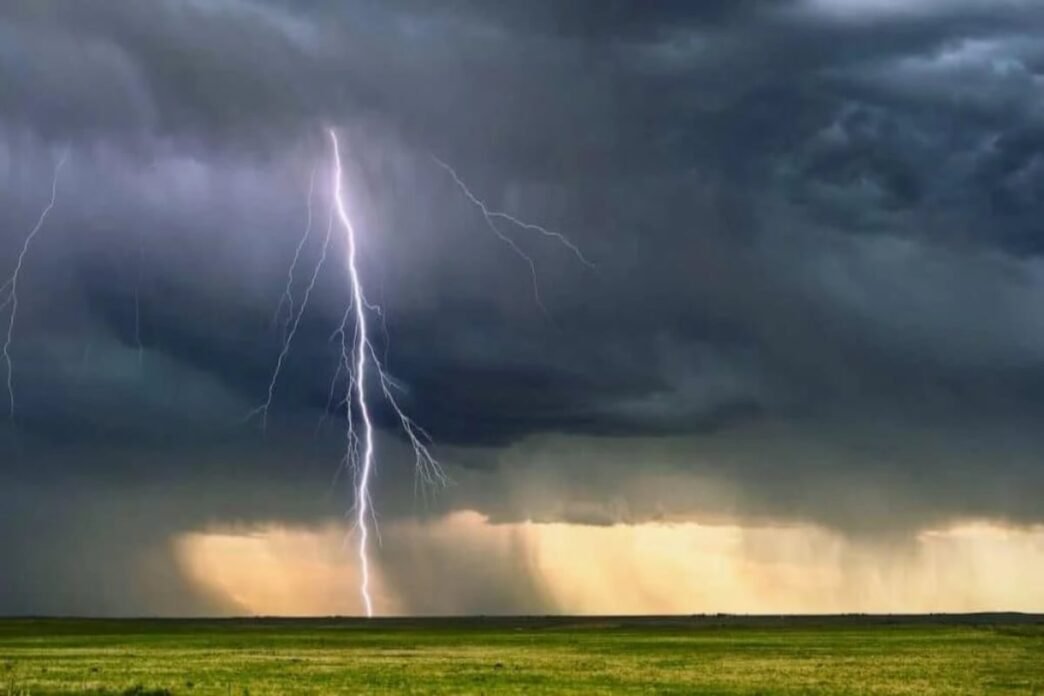Weather alert issue as heavy rain and thunderstorms hit Pakistan
al Emergencies Operation Center (NEOC) of NDMA has issued a weather alert that highlights possible impacts from strong western weather systems expected to hit different parts of Pakistan between May 27 and June 1, 2025. These systems are likely to bring rain, thunderstorms, strong winds, and possibly hailstorms.
According to a press release, Islamabad is expected to receive heavy rainfall, thunderstorms, and strong winds during this period.
In Punjab, severe weather is likely in Rawalpindi, Murree, Attock, Lahore, Gujranwala, Sialkot, Narowal, Faisalabad, Sargodha, Mianwali, Khushab, Jhang, Toba Tek Singh, Sahiwal, Okara, and Kasur. Southern Punjab areas like Multan, Bahawalpur, Dera Ghazi Khan, Layyah, Bhakkar, and Muzaffargarh may experience moderate rain and gusty winds from May 27 to 29.
In Khyber Pakhtunkhwa, thunderstorms and strong winds are expected in Swat, Dir, Mansehra, Abbottabad, Kohistan, Chitral, Shangla, Buner, Malakand, Peshawar, Mardan, Nowshera, Swabi, Charsadda, Hangu, D.I. Khan, Bannu, Lakki Marwat, and Waziristan between May 27 and 29.
More rains predicted for northern areas in Pakistan
A new spell of rain and strong winds is expected to bring…
Rain and thunderstorms may also affect parts of Balochistan such as Quetta, Zhob, Barkhan, Khuzdar, Kalat, Lasbela, Mastung, Qila Saifullah, Qila Abdullah, and Awaran from May 27 to 29.
In Gilgit-Baltistan and Azad Jammu and Kashmir, heavy rain, hailstorms, and landslides are expected to affect Diamer, Astore, Skardu, Gilgit, Hunza, Ghanche, Shigar, Neelum Valley, Muzaffarabad, Rawalakot, Poonch, Hattian, Bagh, Kotli, Bhimber, and Mirpur from May 27 to June 1.
Sindh will continue to face hot and dry weather, with no major rainfall expected between May 27 and 29.
The NDMA is asking all provincial and district authorities to stay alert, be prepared for emergencies, and coordinate with local teams for quick responses. They will keep monitoring the situation and share updates as needed.
People are advised to avoid unnecess travel, especially to hilly or flood-prone areas, and to secure weak buildings, trees, electric wires, and solar panels. Vehicles should be parked in safe, covered places.













